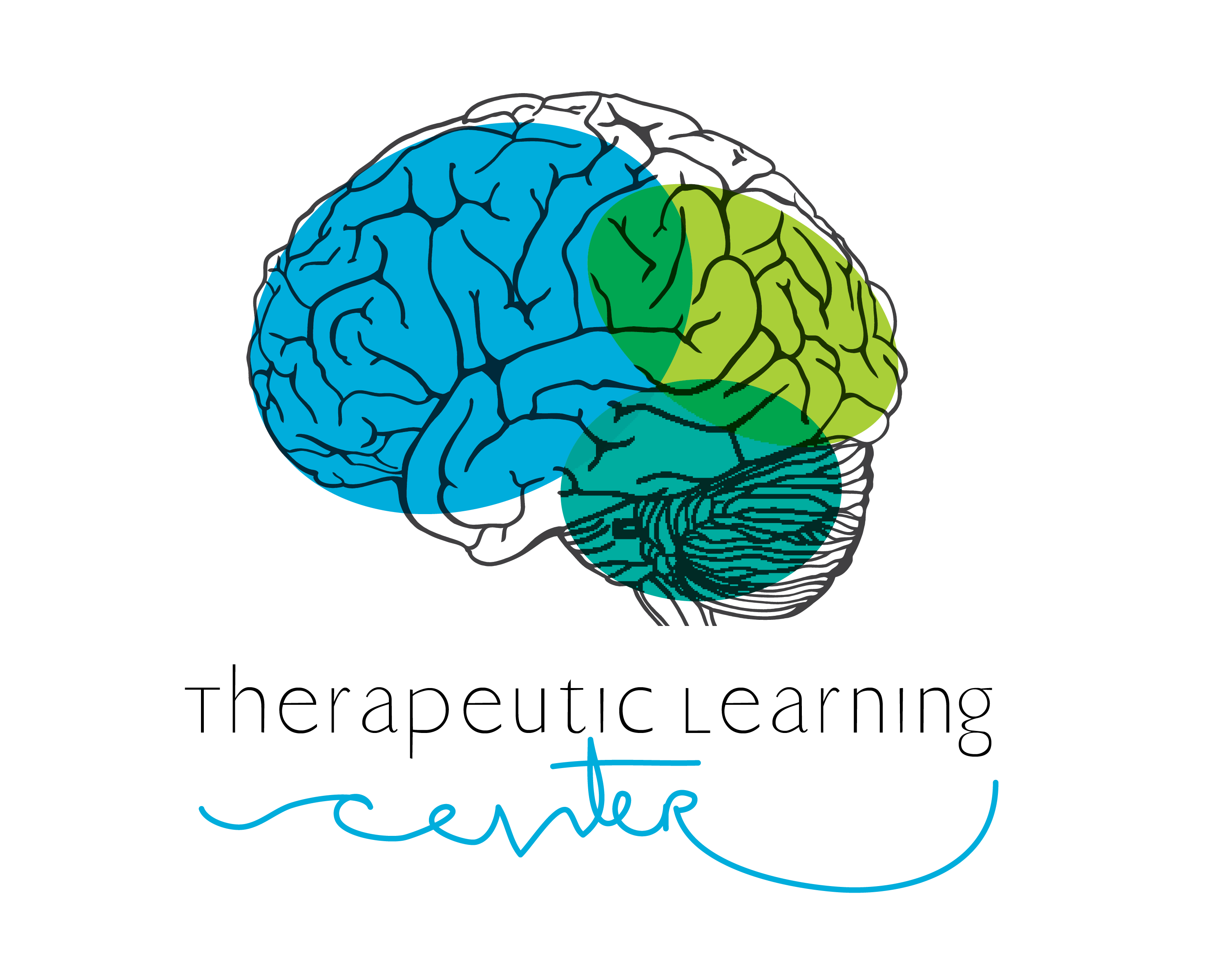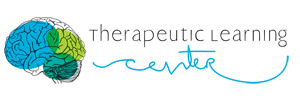Develop Your Child’s Independence Strengthen executive function skills for better planning, organization, and self-management Kids will be kids– But we want our kids to be kids who can focus, think, plan, organize, and make good decisions. This includes having self-control, and evaluating and learning from their mistakes! Ultimately, we want kids to be kids withRead more

0%


